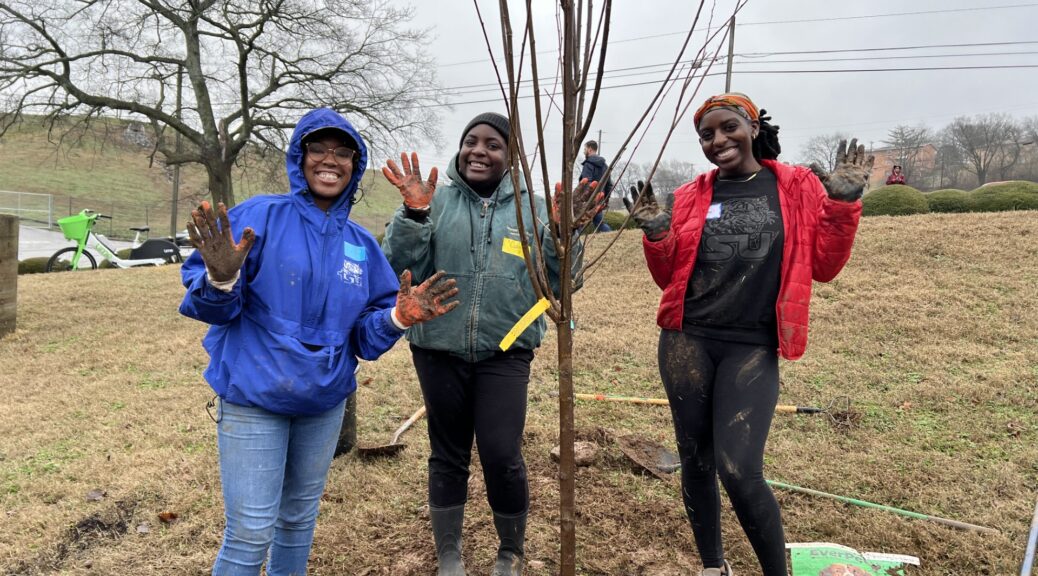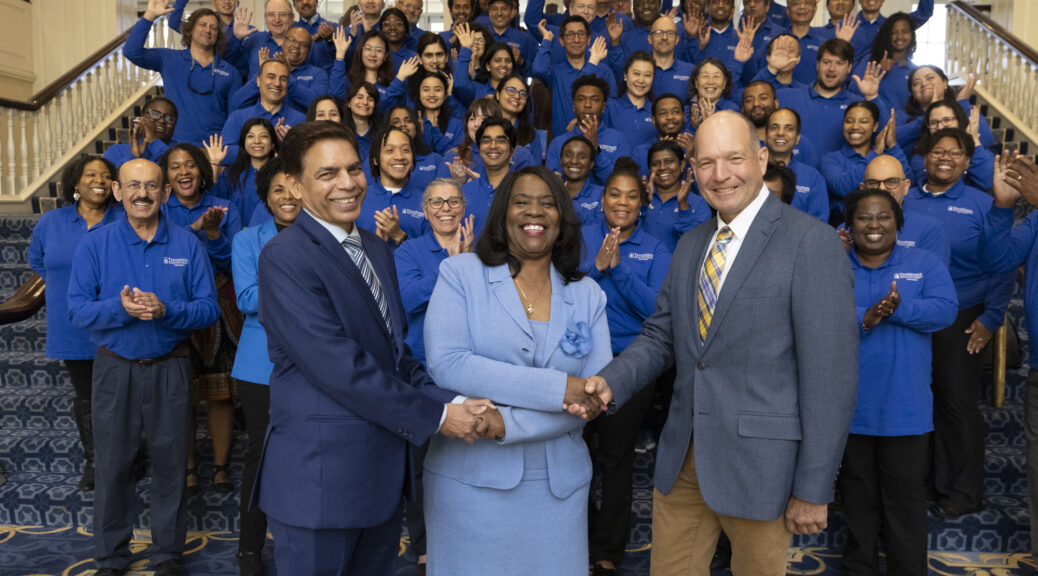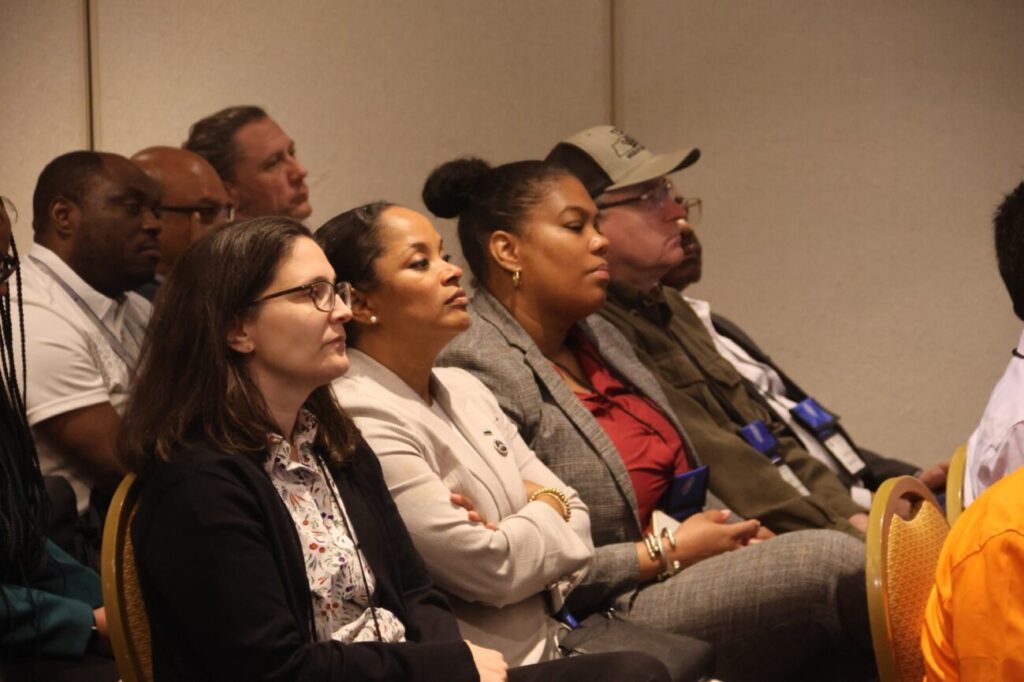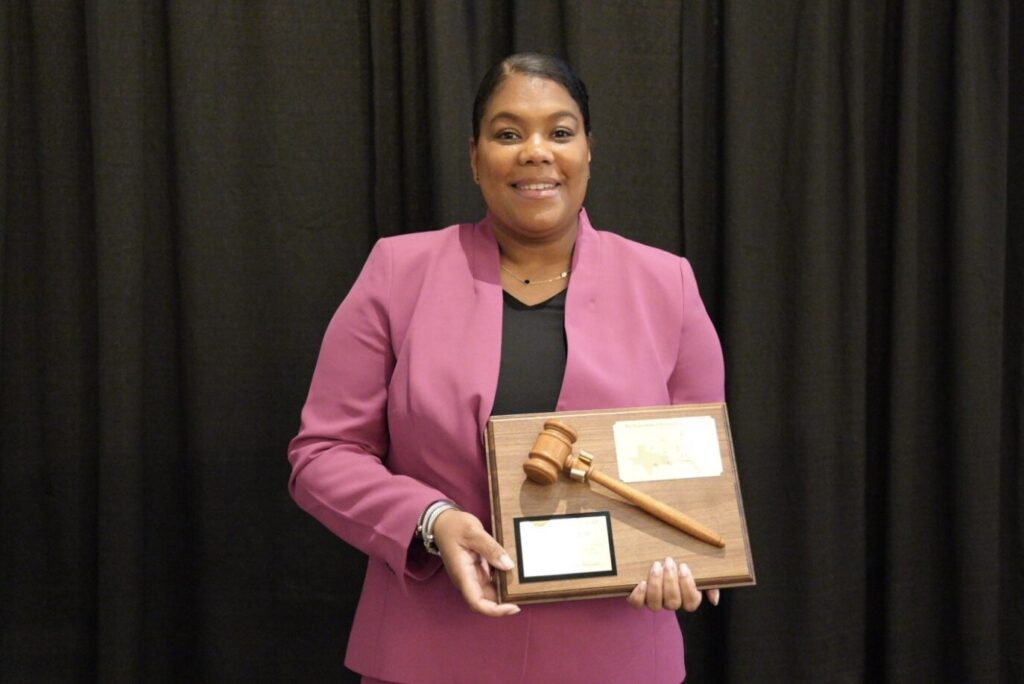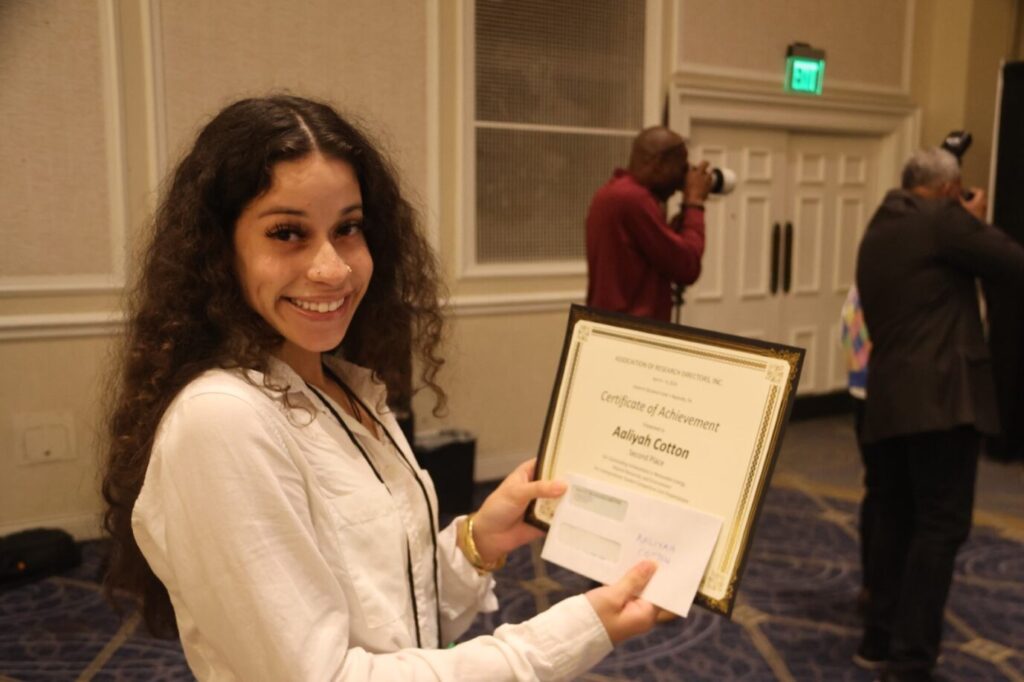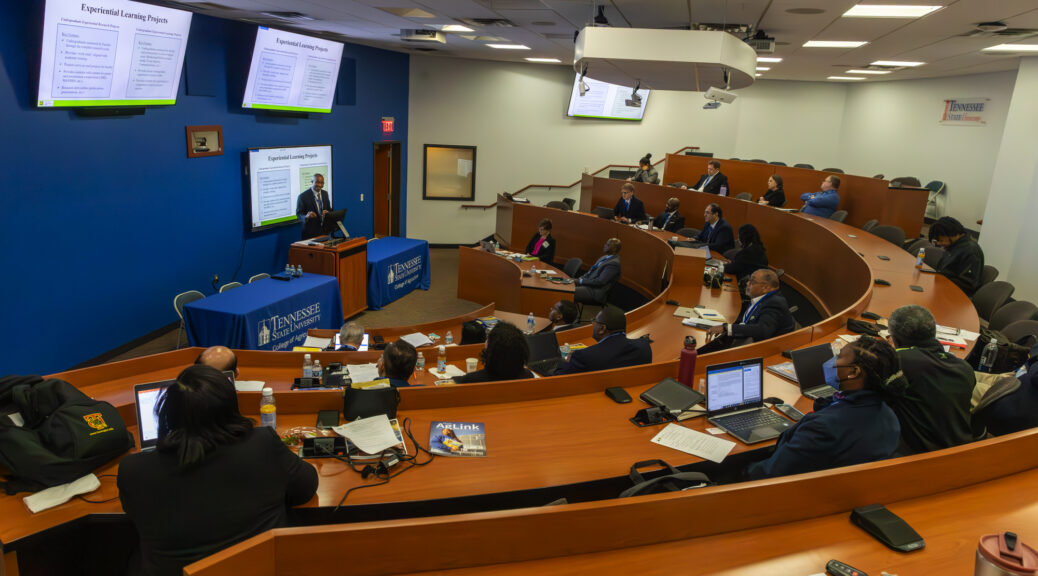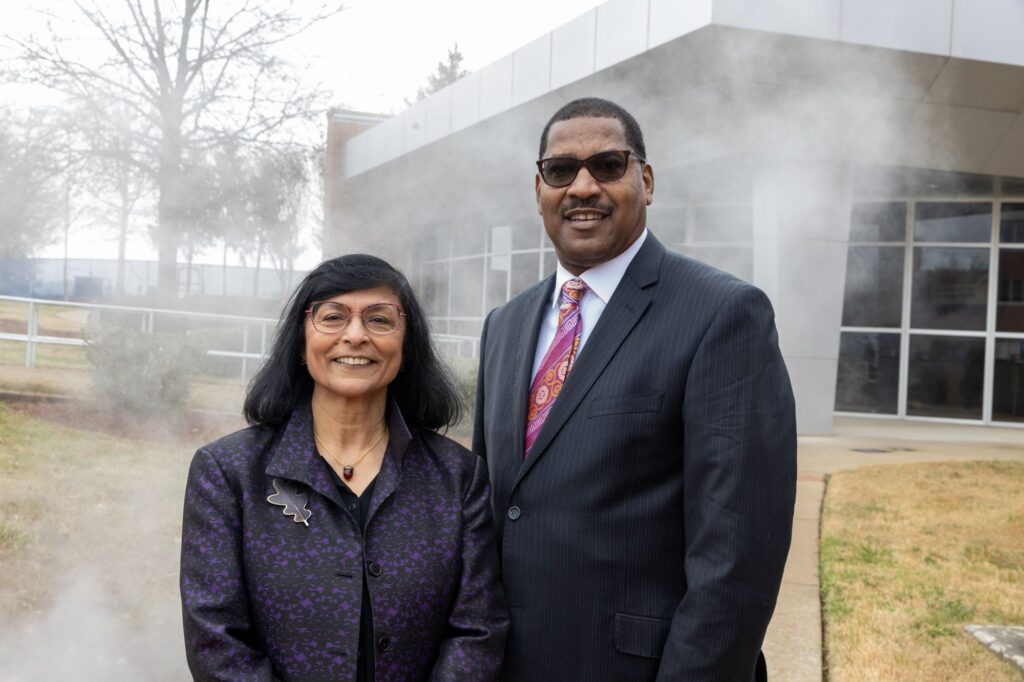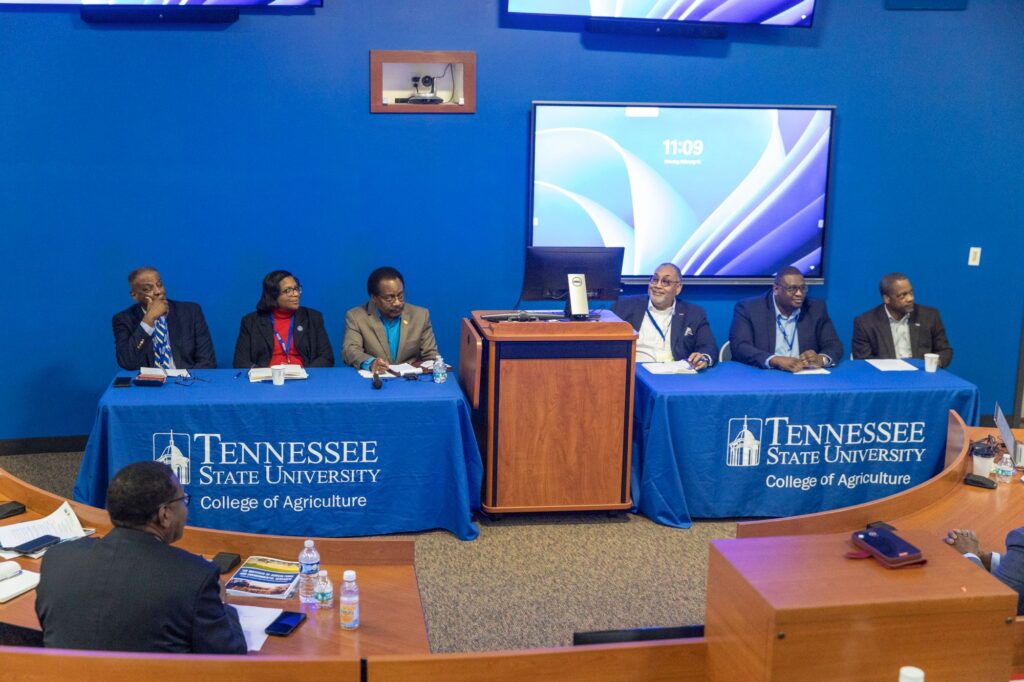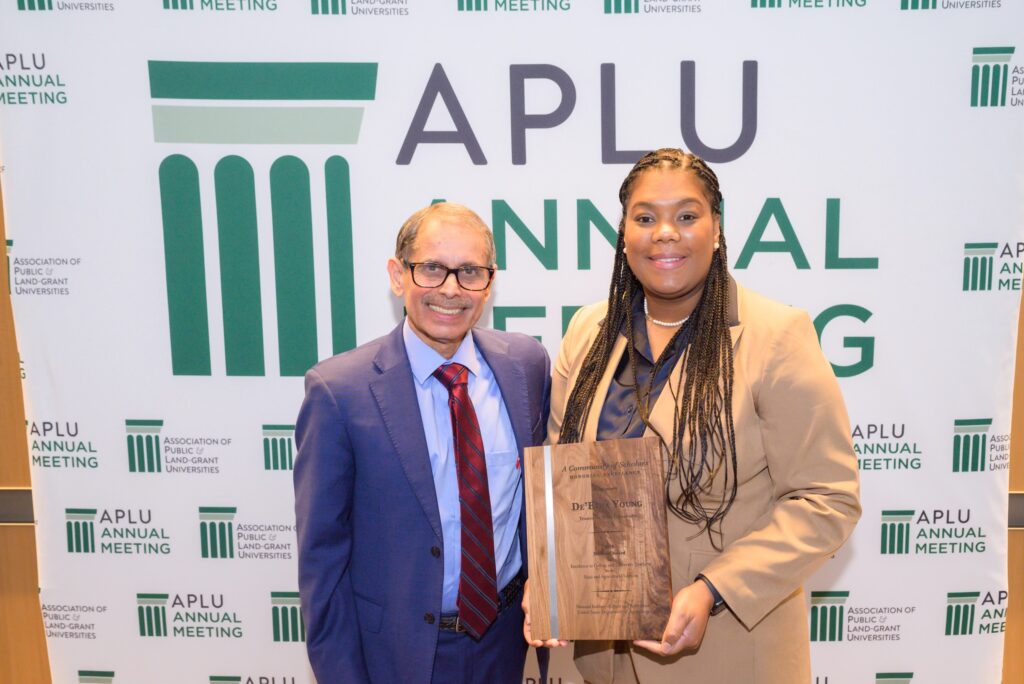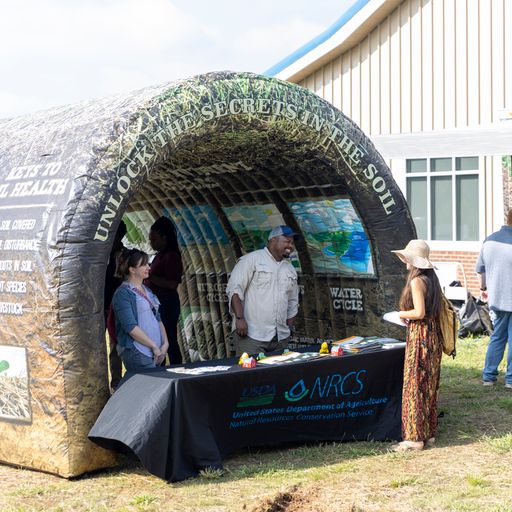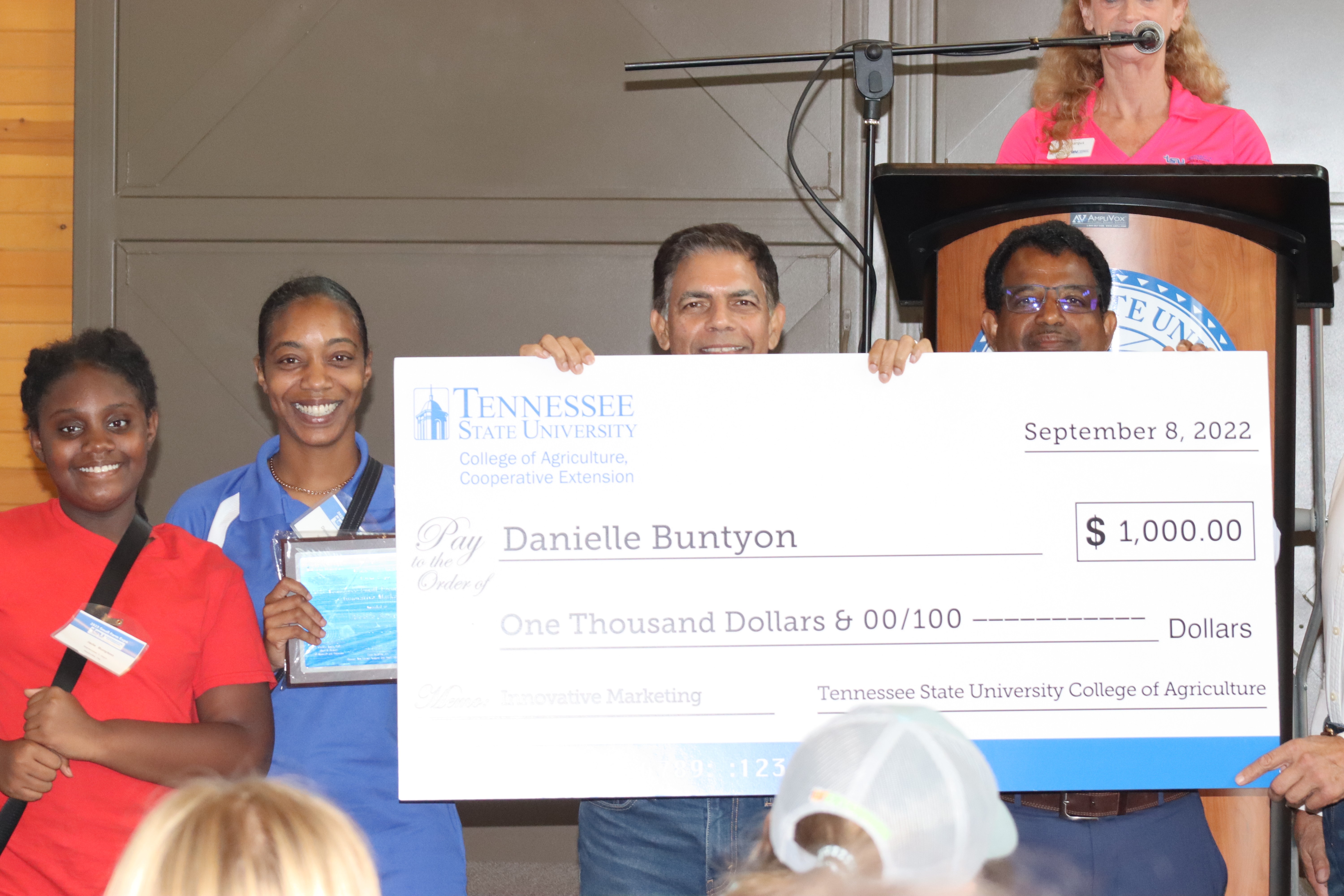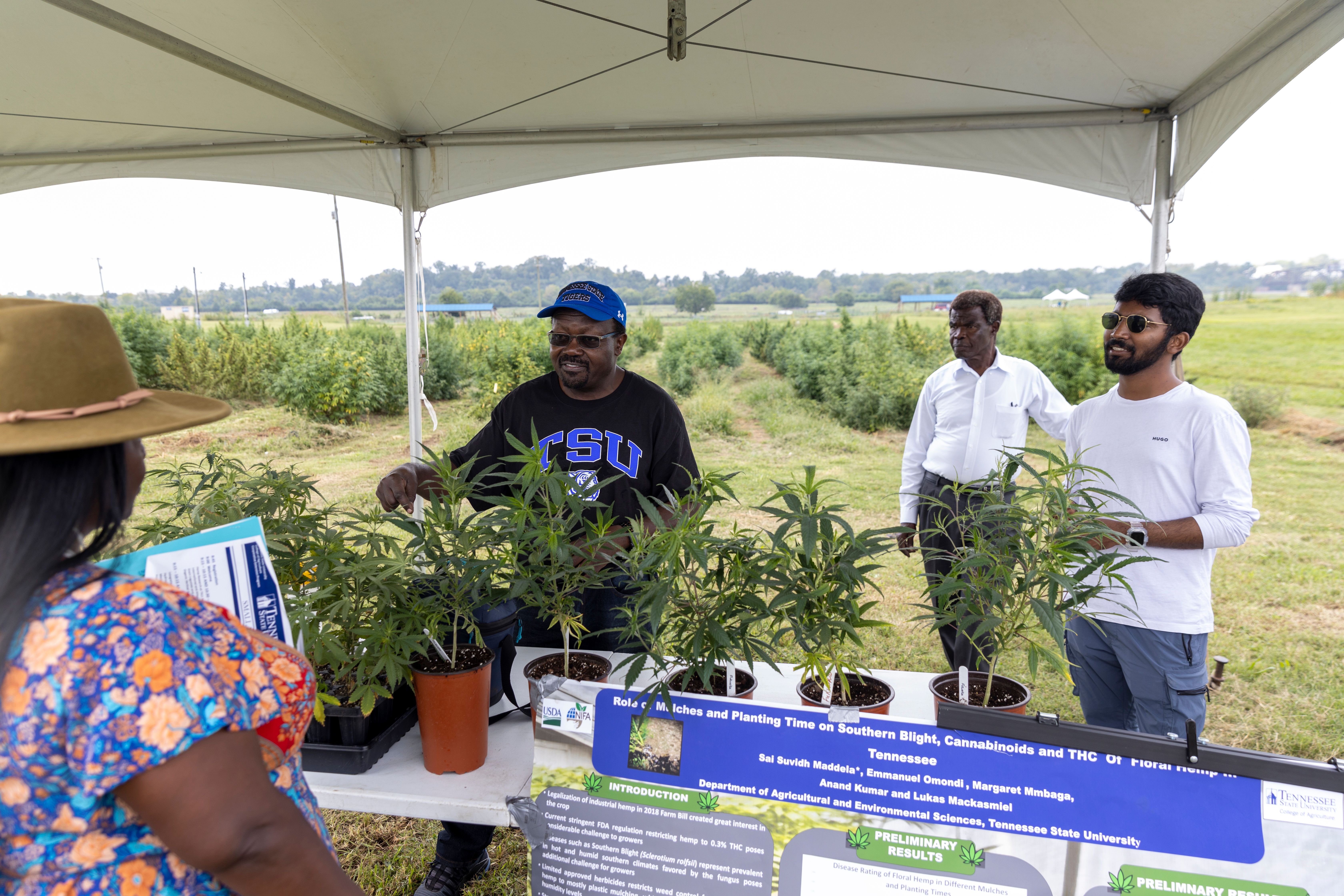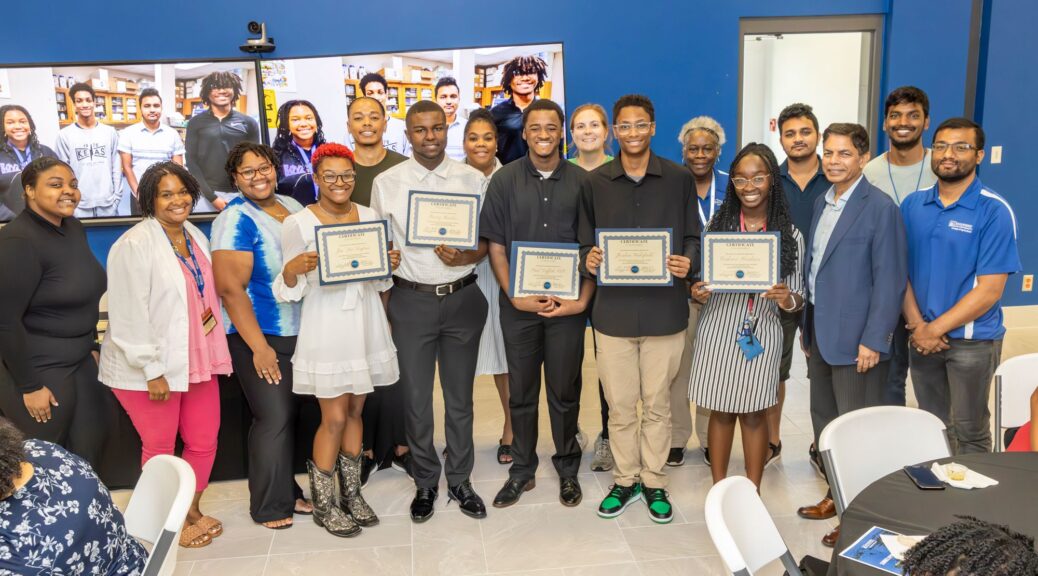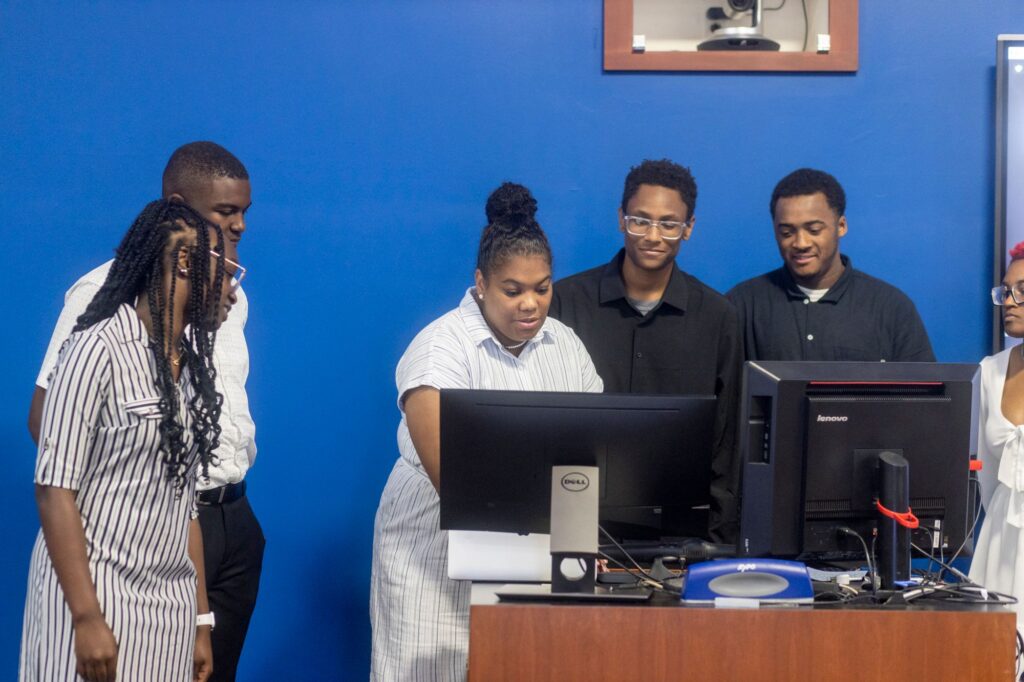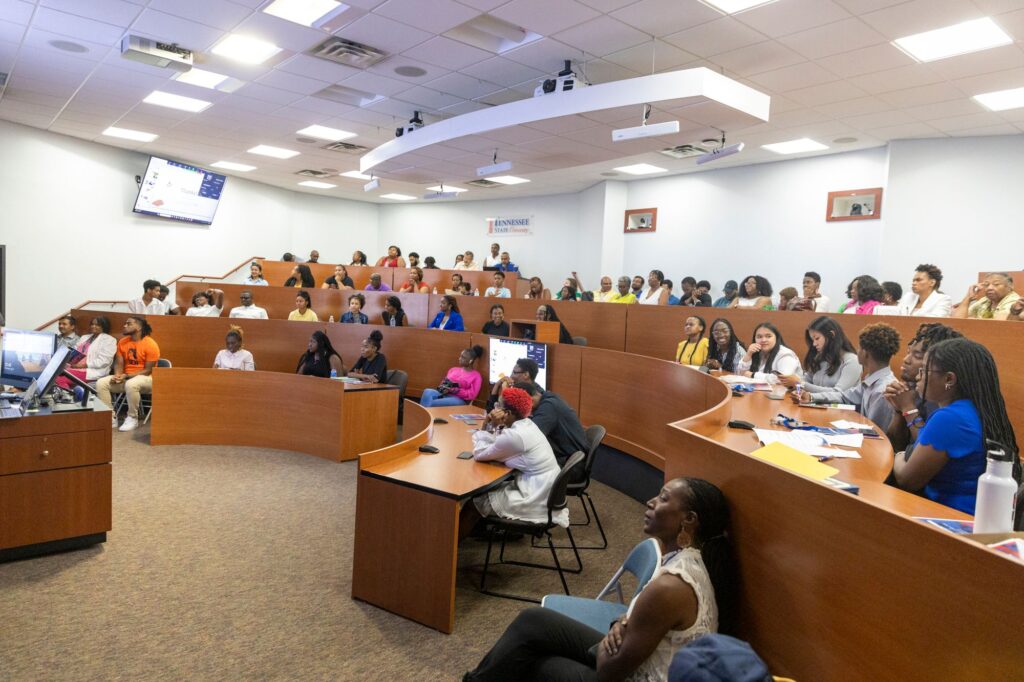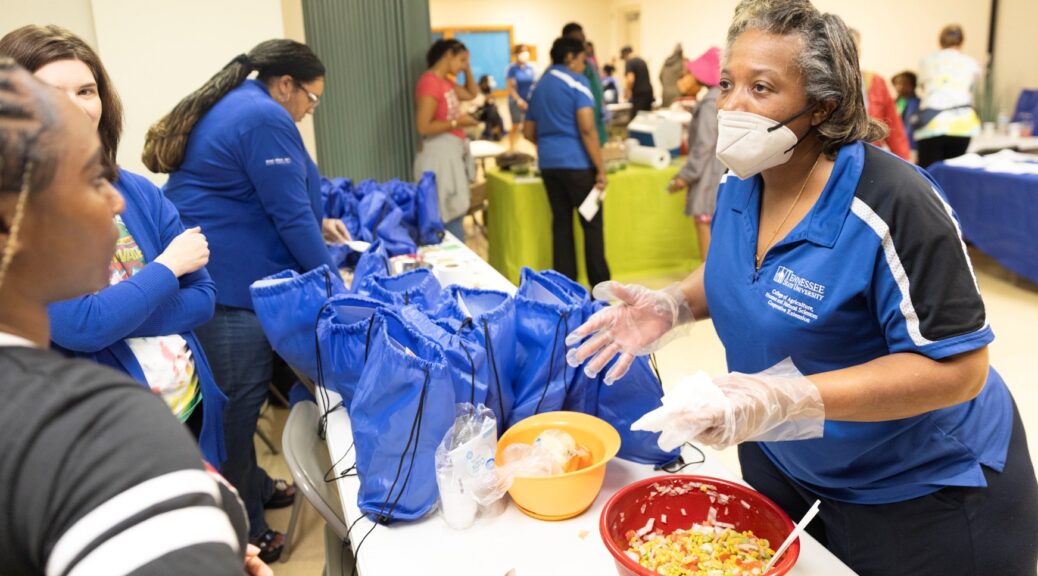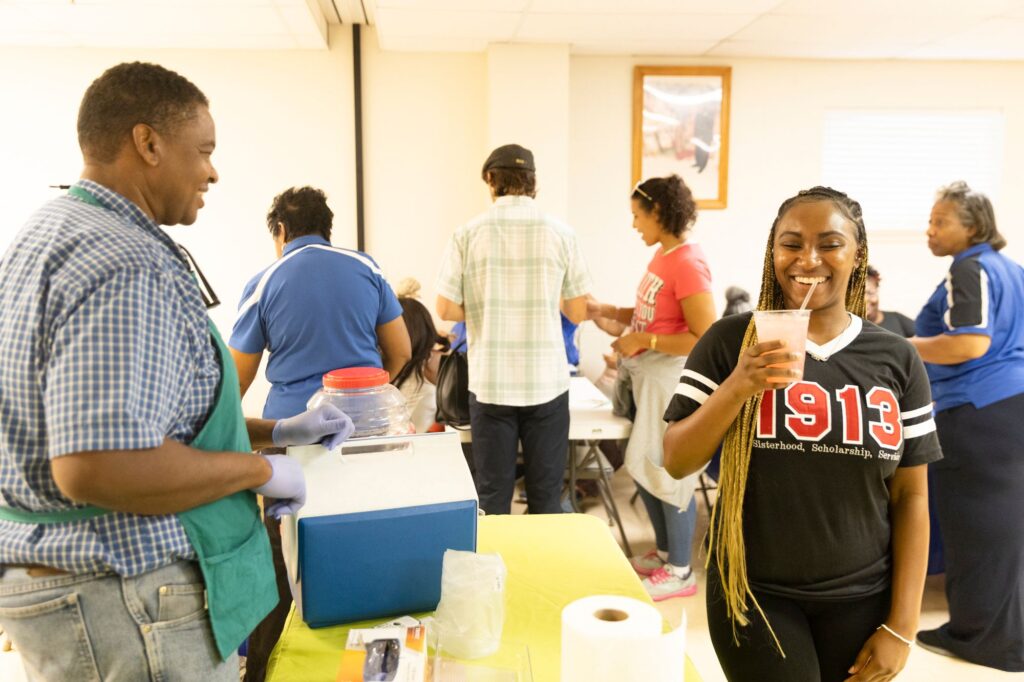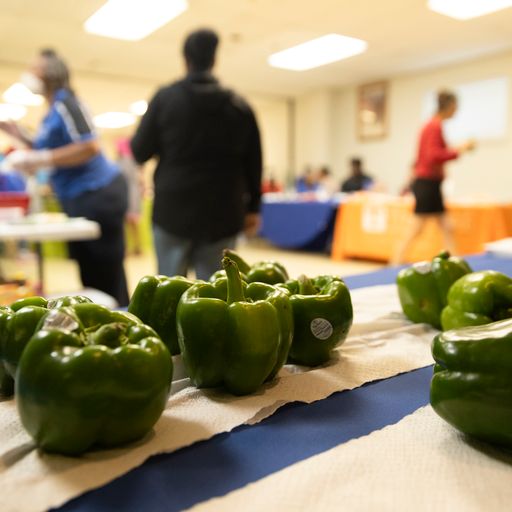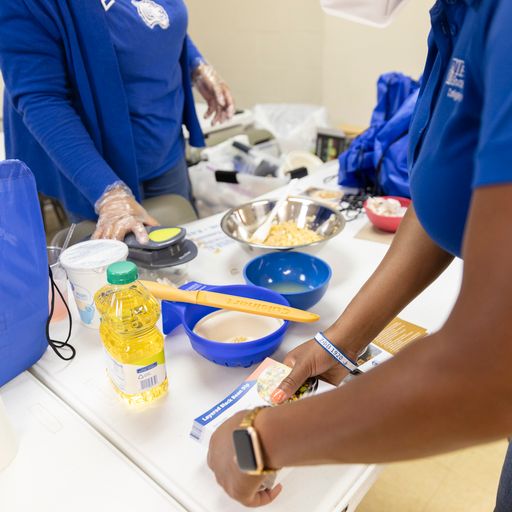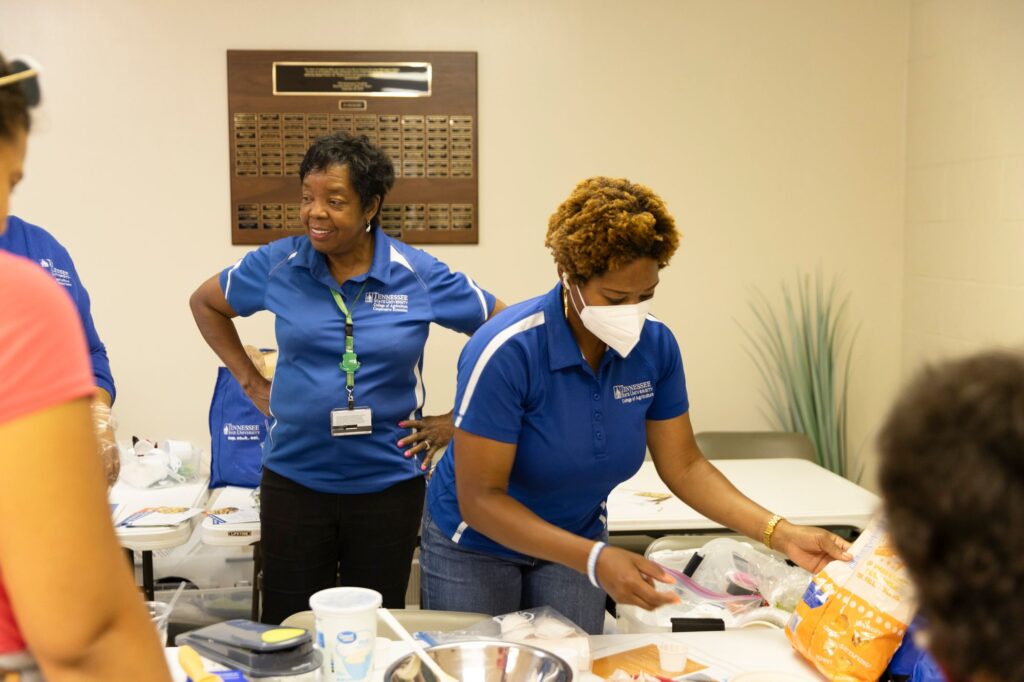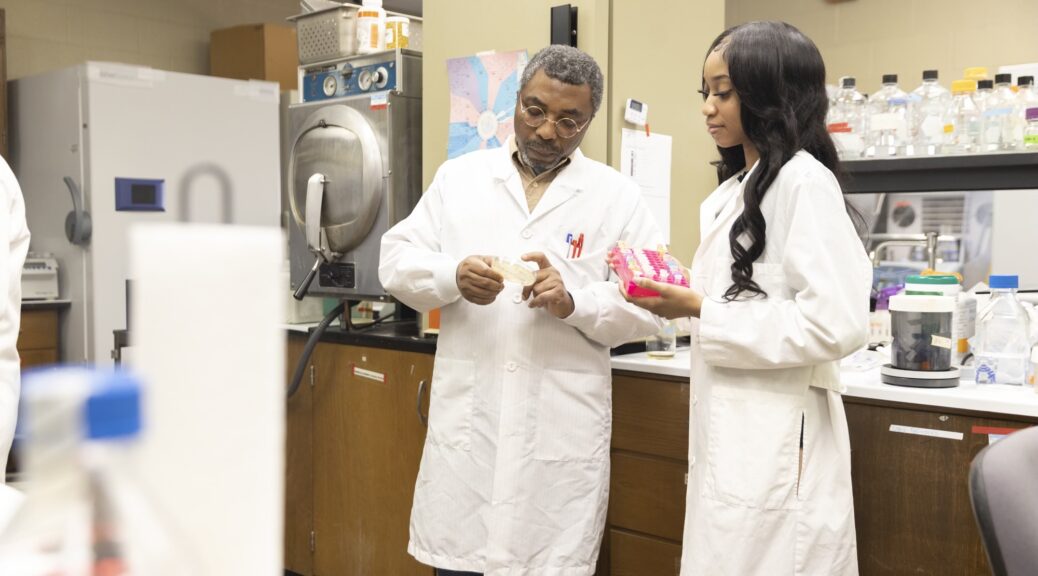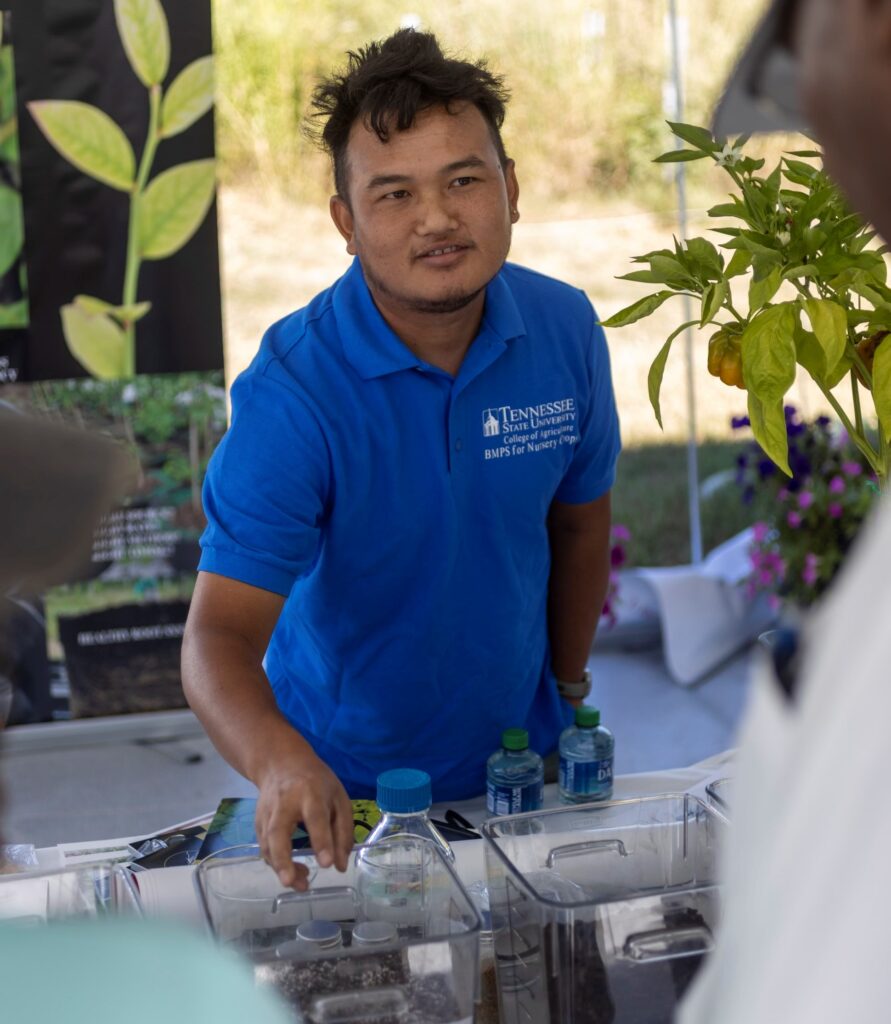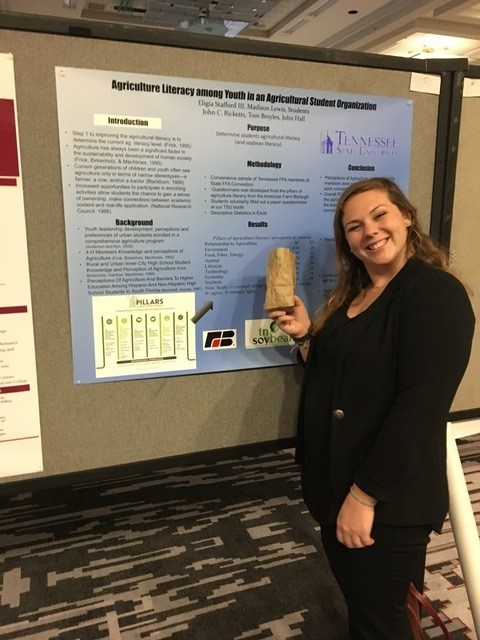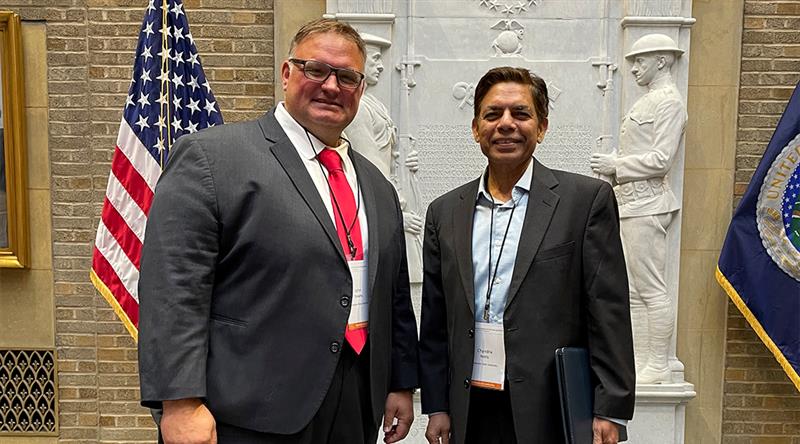By Charlie Morrison, Alexis Clark
NASHVILLE, Tenn. (TSU News Service) – Two Tennessee State University College of Agriculture professors have been recognized for their outstanding contributions in research and excellence in education. Dr. Dilip Nandwani, a botanist and professor of organic agriculture, was named the 2024 American Society for Horticultural Science (ASHS) Fellow. While Agriculture professor and soil scientist Dr. Jason de Koff was recently named the winner of the 2024 Agronomic Education and Extension Award.
Dr. Nandwani is the first scientist from a Historically Black College and University or 1890 land-grant university to receive the prestigious honor. He has spent more than three decades teaching, researching, and mentoring in agriculture science and education.
“I am honored to be recognized by the American Society for Horticultural Science as a Fellow,” said Dr. Nandwani. “This award acknowledges 30 years of teamwork in horticultural research, Extension, and teaching, emphasizing our commitment to advancing society through horticultural education and principles.”
Dr. Nandwani is one of eight scientists named ASHS Fellows in the 2024 class. ASHS Nandwani manages TSUs certified organic farm, which includes fruits, vegetables, and herbs used for research and education efforts. Newly elected Fellows will be honored at an awards ceremony during an ASHS Annual Conference in September.
Dr. de Koff will also attend a ceremony to receive his American Society of Agronomy accolade, the Agronomic Education and Extension Award, recognizing excellence in education. The award includes a certificate, a complimentary ticket to the ceremony, and $2,000.
“This award is truly an honor,” said Dr. de Koff. “Working in Extension has allowed me to serve others, which is why I love what I do. I look forward to continuing to engage with and learn from all the stakeholders we serve.”
Dr. de Koff is active in the agronomy community, serving as President of the Tennessee Association of Agricultural Agents and Specialists, Chair of the Agriculture and Natural Resources subcommittee in the Southern Region Program Leaders Network, and holds many other leadership roles. As a research scientist, he has received over 60 local, state, or national awards and $44 million in grants as Principal Investigator or co-Principal Investigator, including TSU grants.
“College of Agriculture Dean, Dr. Chandra Reddy, said that these achievements highlight the dedication and impact of TSUs College of Agriculture professors. “Dr. Nandwani and Dr. de Koff’s work continues to advance the fields of horticulture and agronomy, benefiting both the academic community and society at large,” said Reddy. He noted that these are important national recognitions by their peers in their fields of expertise. “Both faculty members have been with TSU for over a decade, and we are proud of their diligence and commitment to service.”
For more information about the College of Agriculture, visit TSU College of Agriculture.

